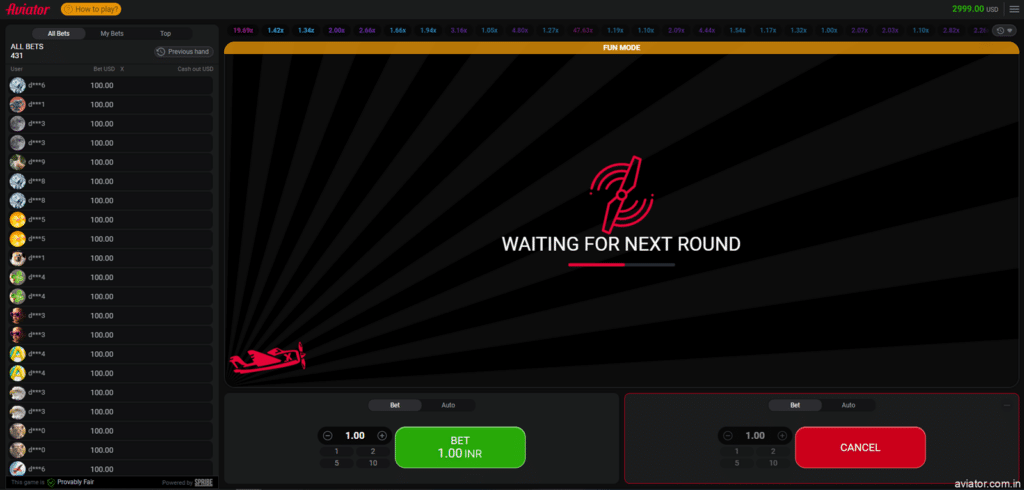The online gaming industry is booming, and crash games have become some of the most popular options in the gambling sector. These games are simple, engaging, and provide high returns for both players and operators. If you’re considering launching a startup focused on developing similar crash games, you need a strong business strategy, technical expertise, and an understanding of market trends.
Benefits of developing crash games
- High engagement and replayability – Crash games, like Aviator, provide fast-paced action, keeping players coming back.
- Scalability – Simple mechanics allow easy adaptation to multiple markets and platforms.
- Low development costs – Compared to slot games, crash games require fewer graphical assets and animations.
- Fast ROI – The popularity of crash games leads to quicker monetization through house edges and in-game purchases.
- Casino partnerships – Many online casinos are looking for innovative crash games to add to their portfolio.
- Regulatory flexibility – Some jurisdictions have more lenient rules for crash games compared to slots.
Steps to create a crash game development startup
1. Market research and planning
Before diving into development, conduct thorough market research to understand:
- What makes crash games successful?
- Who is your target audience (casual players, high rollers, online casinos)?
- Which jurisdictions allow crash games, and what regulations apply?
- What unique features can set your game apart from competitors?
A detailed business plan should outline your goals, revenue model, and competitive advantage.
2. Legal and licensing requirements
- Obtain a gambling software license from reputable regulators such as the Malta Gaming Authority (MGA), UK Gambling Commission (UKGC), or Curacao eGaming.
- Ensure compliance with fair gaming standards and responsible gambling measures.
- Partner with licensed online casinos to distribute your game legally.

3. Game mechanics and mathematics
- Develop a provably fair system based on cryptographic algorithms, ensuring transparency for players.
- Implement an algorithm for crash multipliers, often based on random number generators (RNGs).
- Consider adding dynamic RTP (return to player), adjusting the payout rate based on player activity and operator preferences.
4. Technology stack and development
- Use JavaScript, HTML5, and WebGL for front-end development to ensure smooth gameplay across devices.
- Utilize Node.js, Python, or C++ for back-end logic and data processing.
- Build a scalable infrastructure using AWS, Google Cloud, or Azure to handle high player traffic.
5. User experience (UX) and interface design
- Create a modern and engaging UI with intuitive controls.
- Develop a mobile-first approach, as many players prefer gambling on their smartphones.
- Include features like auto-betting, cashout options, and social elements for increased engagement.
6. Testing and security
- Conduct thorough testing for bugs, exploits, and performance issues.
- Ensure DDoS protection and encryption to prevent hacking and fraud.
- Obtain certification from testing agencies like iTech Labs or eCOGRA to validate game fairness.
7. Launch and marketing
- Partner with online casinos and integrate with casino aggregators.
- Utilize affiliate marketing, social media, and influencer promotions.
- Offer free-to-play versions to attract new players.
- Monitor player feedback and continuously update features.
Conclusion
Creating a startup focused on crash games like Aviator can be a highly profitable venture if executed correctly. By following a structured approach – covering market research, development, licensing, and marketing – you can build a competitive product in the growing online gambling industry.
Implementing dynamic RTP can add another layer of innovation, allowing casinos to fine-tune payout structures while keeping gameplay fair. With the right strategy, your startup can become a leading player in the crash game segment of online gambling.
